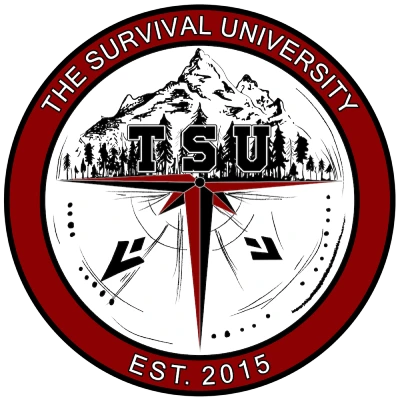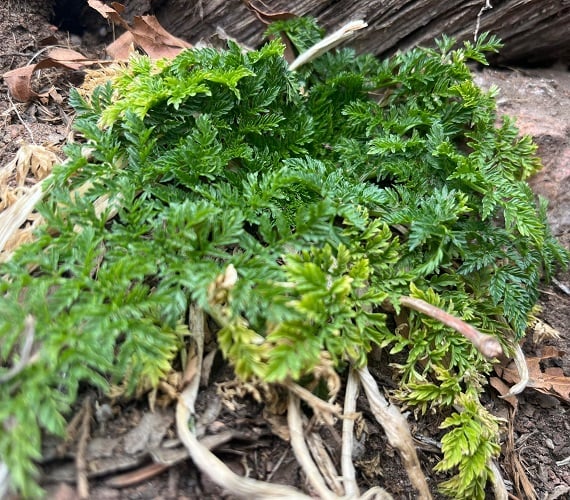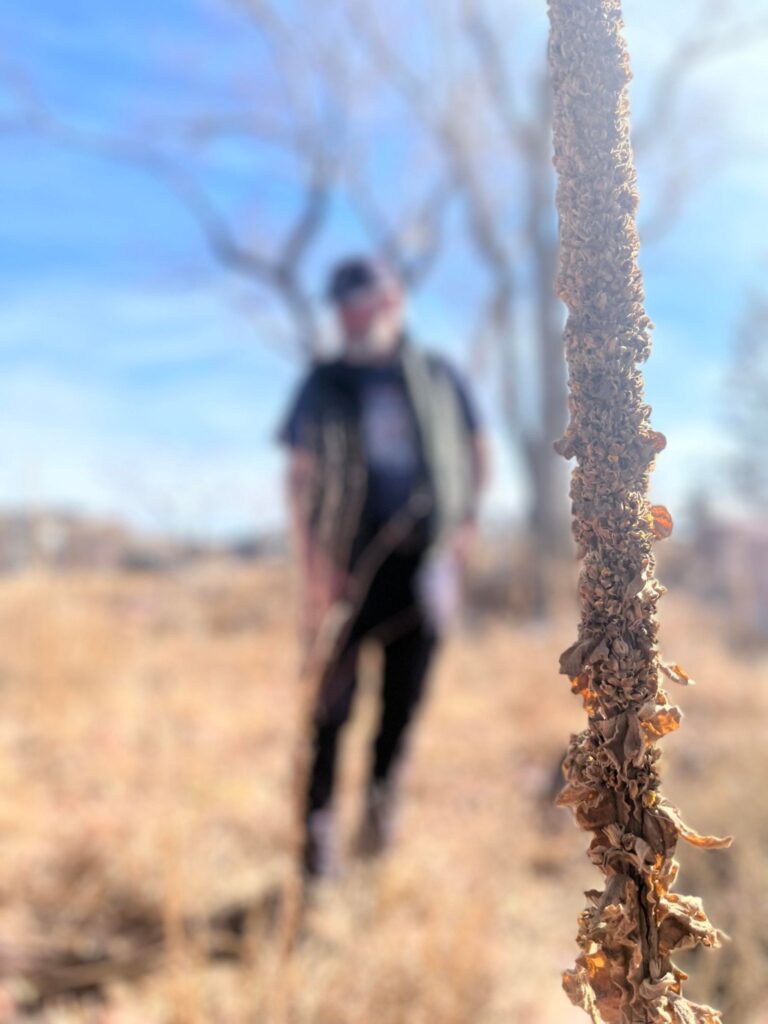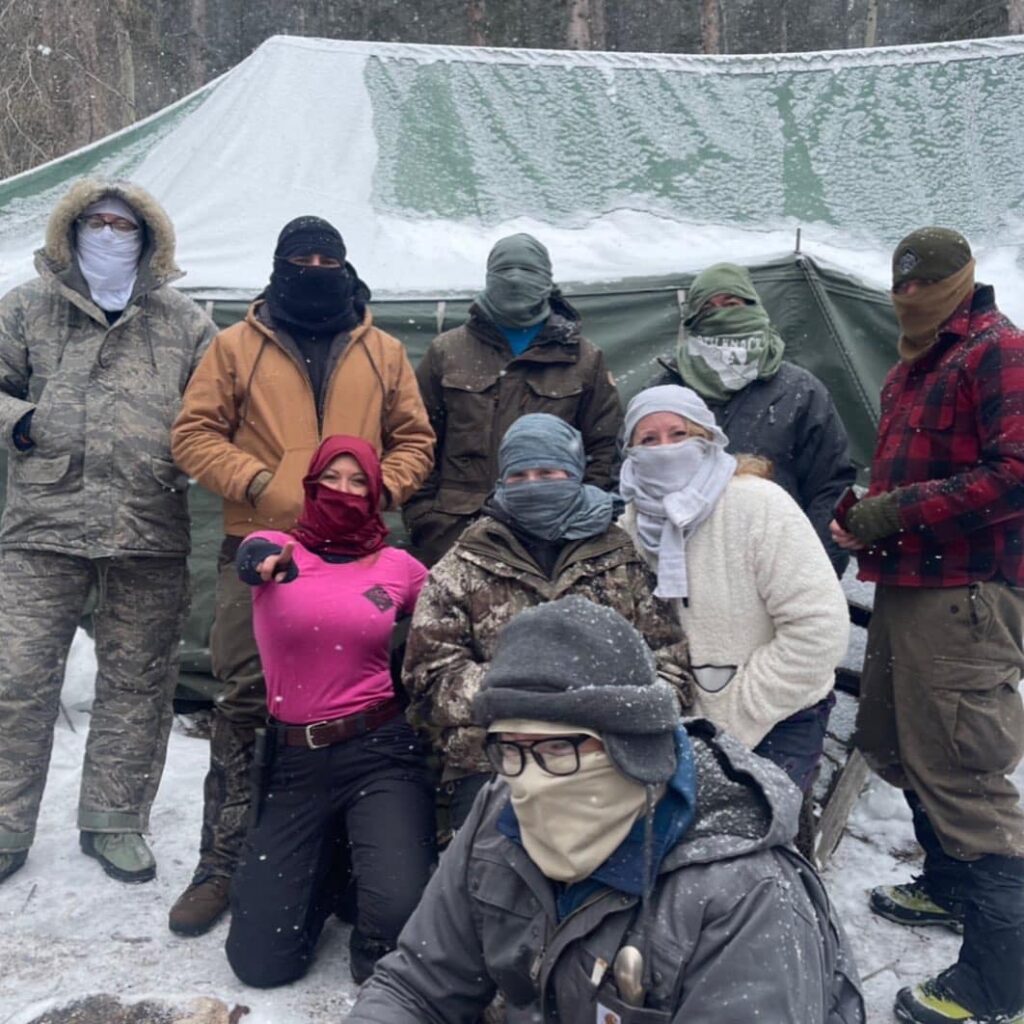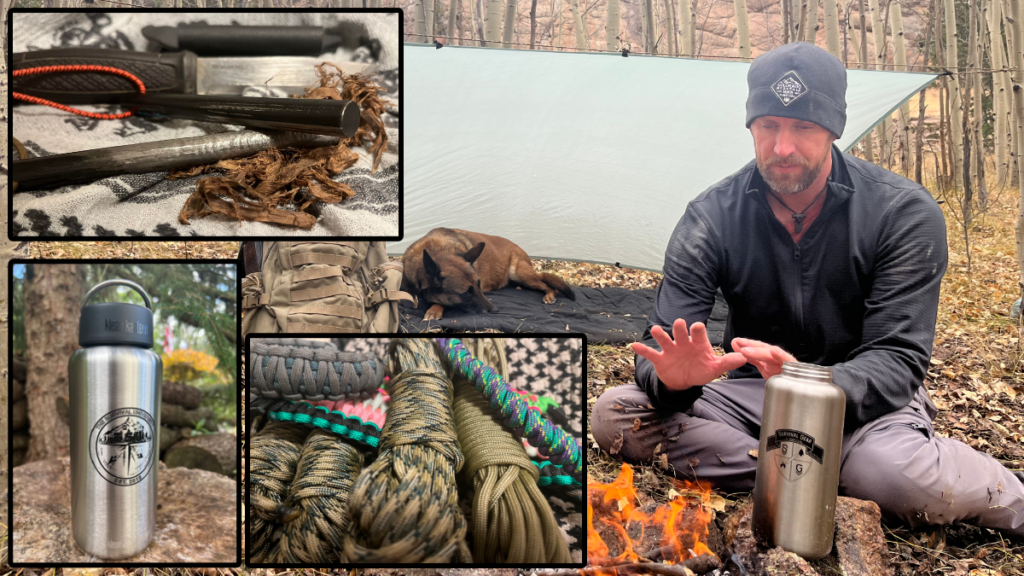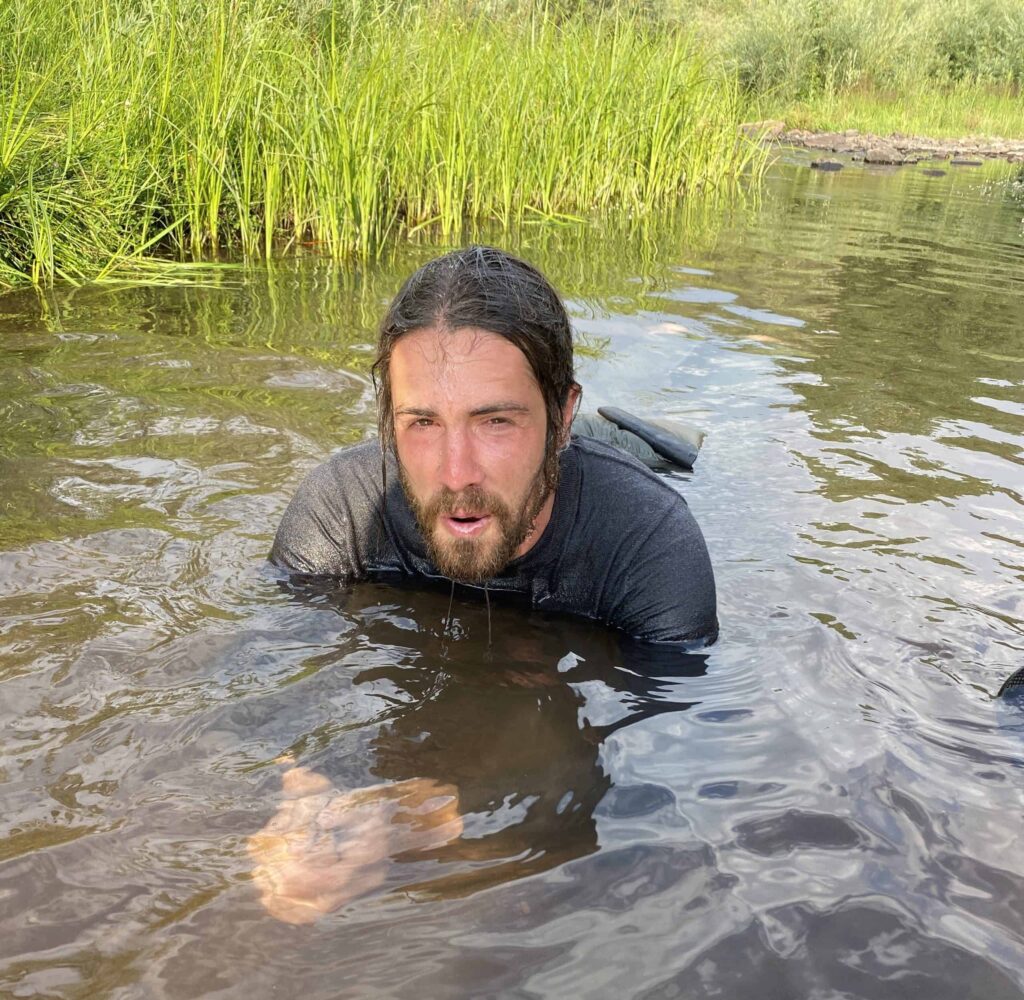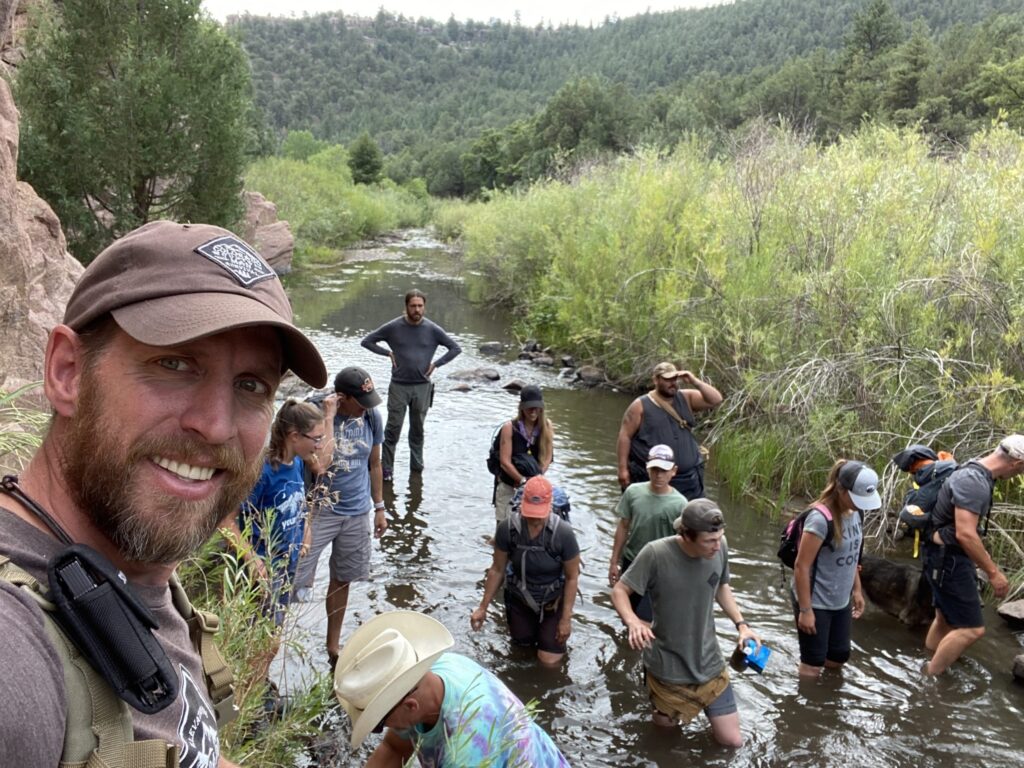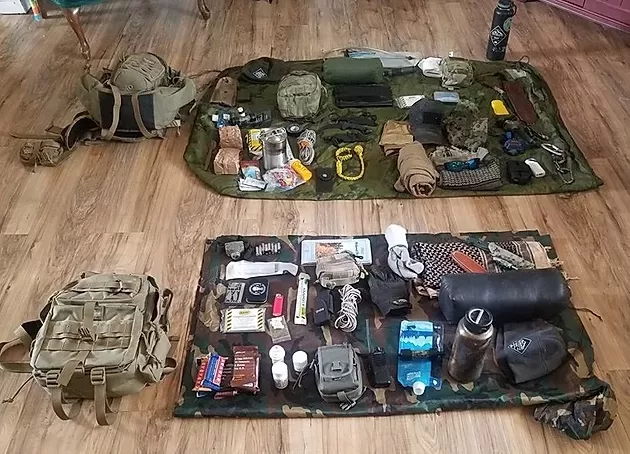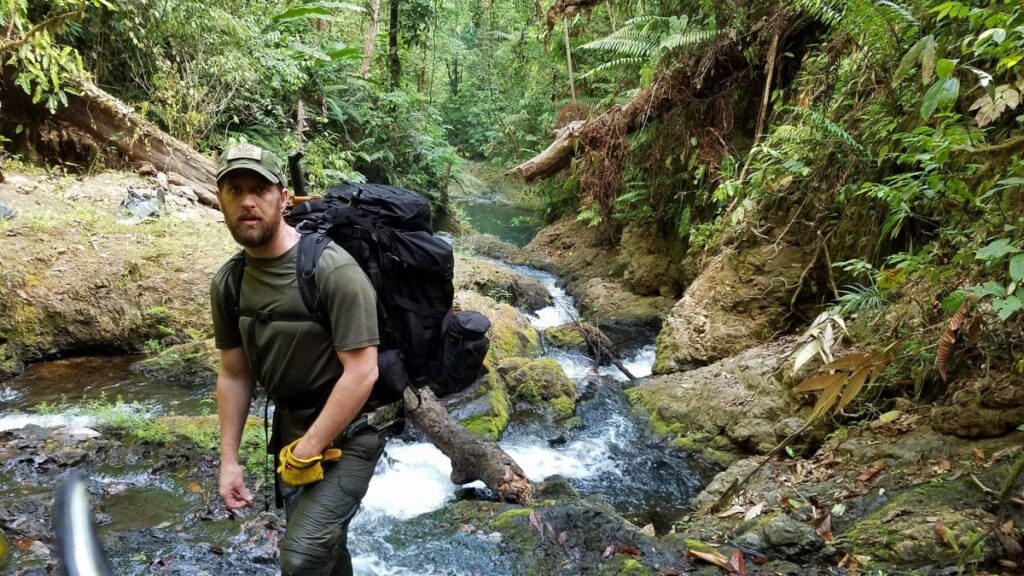Cart
3 min read
What is your preferred classroom setting?

Are you required to have a WFR Certification for your job? Or do you want to learn medical skills for when you are venturing out into the wilderness, just in case something happens to you or your loved ones? Perhaps you saw a stranger go down on a trail and didn’t know what to do and want to learn so that next time you can save a life or at least help them with their pain?
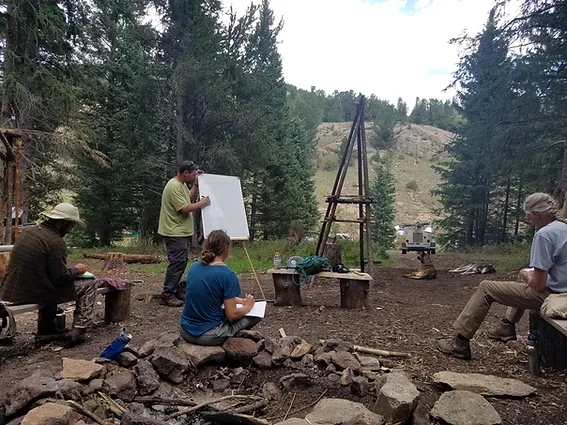
If you have to sit through a mandatory lecture for your WFR Certification, which of these two pictures looks more appealing to you? If stuffy, badly lit, classroom settings are not for you and you prefer to breath in fresh mountain air while you get your learn on, check out our WFA, WFR and CPR certification classes in July 2019. Limited spots available so sign up now before its too late!
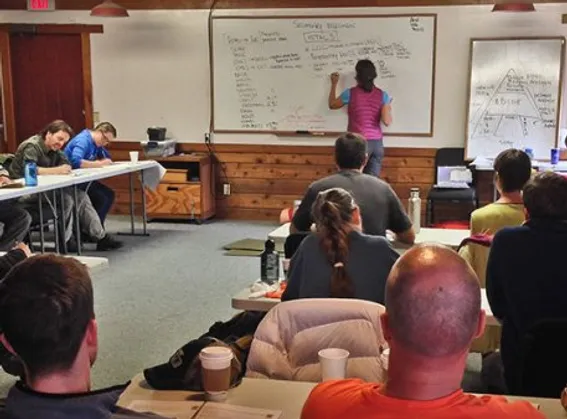
Are you serious about expanding your depth of medical knowledge and improvised medical care? Looking to improve your skills in dealing with medical issues in backcountry environments? Ever consider becoming a Wilderness First Responder (WFR)? Our challenging seven-day WFR program, referred to as the “Gold Standard” in wilderness medical care, is primarily intended for non-medical professionals who are traveling in the backcountry and serving as wilderness guides, outdoor instructors, outdoor educators, Search and Rescue (SAR) team members, ski patrol, medical personnel for adventure races/events, missionaries, expedition medical team members, etc. A WFR is responsible for preventing and identifying medical problems, initiating reasonable and appropriate field management of medical issues, and identifying when and how to safely evacuate patients presenting with potentially life-threatening problems.
Our curriculum includes:
- Human Anatomy and Physiology
- Patient Assessment Skills
- Vital Signs and Homeostasis
- Airway Adjunct Indication and Use
- Indications and Use of Medical Oxygen
- Recognizing and Treating Soft Tissue Injuries
- Bleeding Control and Shock Management Techniques
- Tourniquets and Hemostatic Agents
- Alternative Wound Closure Techniques
- Bone Injuries and Splinting
- Improvised Traction Splints
- Strains and Sprains
- Dislocation Reduction Techniques
- Head and Spinal Injuries
- Abdominal and Thoracic Issues
- Burns and Thermal Injuries
- Bites, Stings and Envenomation
- Altitude Illness
- Drowning, Lightning and Avalanche Concerns
- Heat and Cold Related Issues
- Medical Emergencies in the Backcountry
- Introduction to Rotary Aircraft Ground Operations
- Emergency Carries and Improvised Litters
- Lost Person Mentality and Behavior
- Medical Kit Mentality
- Medical Leadership
- Medical Considerations in Remote Expedition Planning
- Incident Command Options for Wilderness Operations
Day and night practical exercises are a critical learning tool for this material. This program is physical in nature, and a reasonable level of fitness is expected of all participants. The American Safety and Health Institute serves as the certifying agency for our WFR program. Certification is valid for two years. Adult, child and infant CPR and AED use is included as part of this program.
Leave a Comment
EAT THE WEEDS – POISON HEMLOCK
Poison hemlock (Conium maculatum) is a highly toxic plant that is native to Europe and North Africa and has become naturalized in many parts of...
EAT THE WEEDS – GREAT MULLEIN
Great mullein has a long history of medicinal use and has been used for centuries to treat a variety of ailments. The leaves and flowers...
PREVENT WINTER INJURIES
We thought we would share a few general winter survival tips to help prevent winter injuries caused by changes mother nature may have in mind.
Winter Clothing
Layering clothes is an effective way to stay comfortable and protected from the elements in various weather conditions. By layering clothing, you can regulate your...
Another Tucking Survival Tip
An easy to follow survival tip. If we tuck our pants into our socks, shirt into our pants, and so on, we trap this warmed...
The 5 C’s of Survival Gear
The Basic gear you should have to survive the night outdoors. A common mistake most adventures make is heading outdoors without the necessary gear should...
Understanding Water Survival
Learn the importance of water survival techniques to survive cold water immursion, sinking vehicle accidents, and floods.
10 Reasons to Take a Survival Class at TSU
Reasons to learn survival skills are legion, but here are ten to consider before you sign up for a survival class.
Get Home Bag / Survival Kit
Gear makes things easier so I do still carry items in my car or on my body at all times. Here is a list of...
Costa Rica Jungle Adventure
I'm going back down to Costa Rica to see my friend Alberto Lopez for a Jungle Adventure and would like to invite you to come...
